

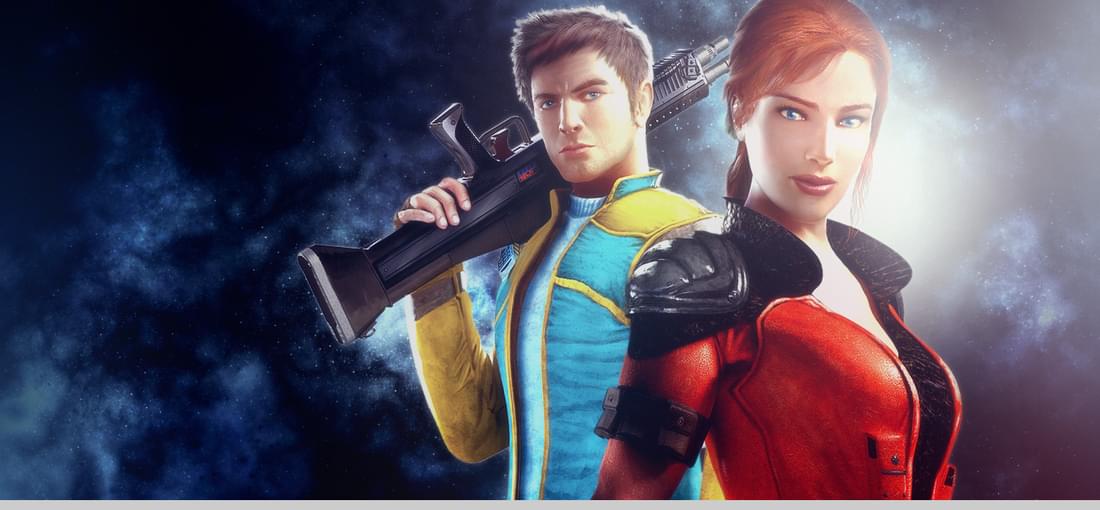
DarkStar One puts the player in the boots of a spacefaring rascal who's been gifted a unique upgradeable alien-tech craft by his genius father, and must uncover a grand conspiracy involving the galactic power elite, captains of industry, and of course aliens. At the risk of dropping spoilers, the whole thing is very 'Iron Man' though that isn't a bad thing. The plot, such that it is, is pretty decent though it clings too closely to played-out plot devices. There's an obligatory trench scene, and the twists are about as sudden and unexpected as an approaching dreadnought. One fun feature I wish more games would implement is the ability to respond to hostile radio chatter with some smacktalk of your own. It's very gratifying. Unfortunately, the gameplay is a disaster. Each system is basically one copypasta'd station, and occasionally one asteroid which contains one alien MacGuffin for your one alien MacGuffinmobile. The organic ship upgrades are actually a very neat idea, but they're permanent, finite, and there's no reset button so if you mix fighter-path and corvette-path upgrades too much you can easily wind up stuck with a ship that isn't very good. Weapons and combat get the job done, but they're very workmanlike and forgettable. Trade is nonexistent, and missions are extremely repetitive. Like Ye Olde Battlecruiser Of Internet Infamy, all the elements of a good game are present but none of them were fleshed out enough to make a compelling product. The plot is decent if you're into space opera, and some of the stuff they tried may justify a playthrough. But you won't find yourself spending any time here when you're through with the campaign, and frankly I can't recommend this game in the face of other, much better, space sims both before and after.
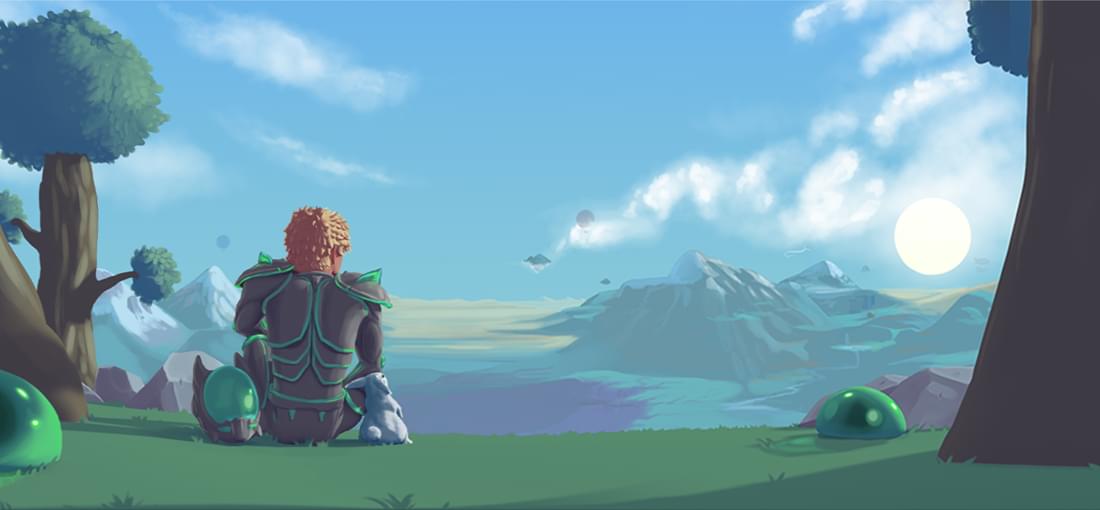
Terraria is by design half platformer, half Minecraft-style building sandbox. It pulls both of them off quite well. Gameplay is very Metroid-esque; you start with melee weapons but grow out of them quickly. There's lots of stuff to mine and build, and enemies offer a good range of tactics and difficulty. Multiplayer is handled well, especially if you're looking for a 'soft' game for friends and relatives. It should be noted, though, that the building side does suffer a bit as you reach the later stages of the game. There isn't a whole lot in the way of automata or advanced construction opportunities, so your epic fort building project may turn out feeling a little bit empty. Dwarf Fortress it ain't, for better and for worse. There's also some awkwardness with goblin invasions and hardmode mobs that pushes you toward a small number of layouts. I'd recommend this to anyone who likes games, old or new.
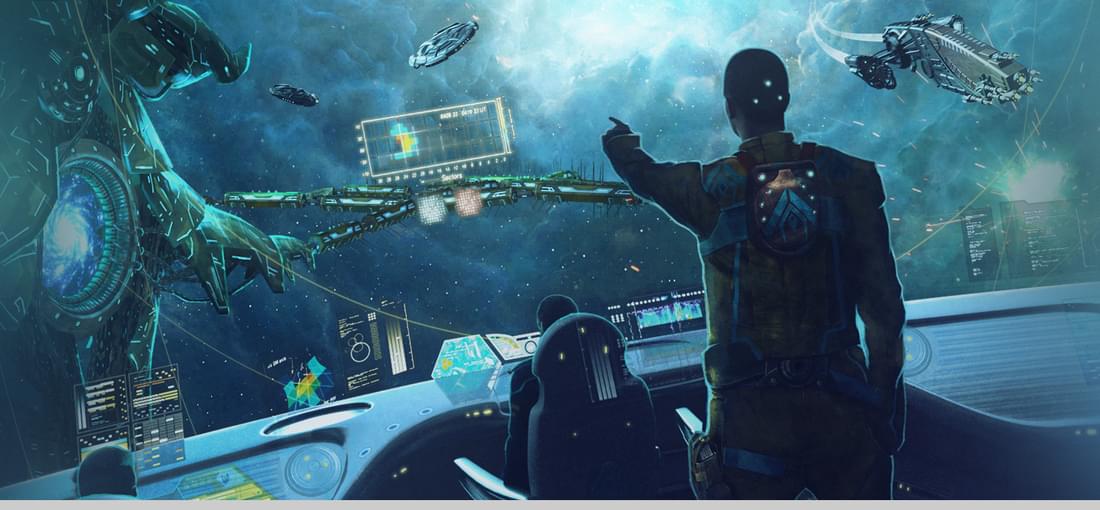
Starpoint Gemini 2 is very much a space sim enthusiast's space sim, and draws heavy inspiration from Freelancer. The graphics are amazing, and not at all what you'd expect from a small developer. The controls are relatively straightforward once you get used to them, and are sort of a cross between Freelancer and Eve Online. The game world has a lot of interesting variation, and exploration is worthwhile. There's a good range of ships, and the planets and stations are unique and interesting. The atmosphere is very pleasant and inviting; it's easy to lose many hours roaming around enjoying the experience. But the devil is in the details, and SPG2 is bedeviled by a large swarm of small issues. Some of the more notable: -The reputation system for intereacting with the much-vaunted sea of factions is just a one-dimensional karma-meter between "good guys" and "bad guys" which has a lot of consequences ranging from unfortunate to downright nonsensical. Consider the Empire-Directorate civil war: they're both bad-guy factions so killing one side will make the other hate you even more (?) and the only way to be on good terms is to be a majorly evil pirate--in which case both Empire and Directorate will like you equally. -Single-player campaign is a disaster. Very buggy and shallow--best stick to sandbox mode for a lot of reasons. -Level-scaling makes smaller ships irrelevant by midgame, and gameplay follows a "bigger is better" paradigm. -Ships and weapons look cool and different (and color-customizable, neat feature) but offer little variety in combat. In general, fights all play out about the same. -Little strategy, just pew-pew-pew. Fans of the genre will find this a fun outing, and I don't fault LGM for falling short of the mark--it's clearly a labor of love and there's time yet to make that last mile to greatness. But the limitations are unlikely to win over any new converts, and veterans will find some of them to be annoying if not a hindrance to immersion.
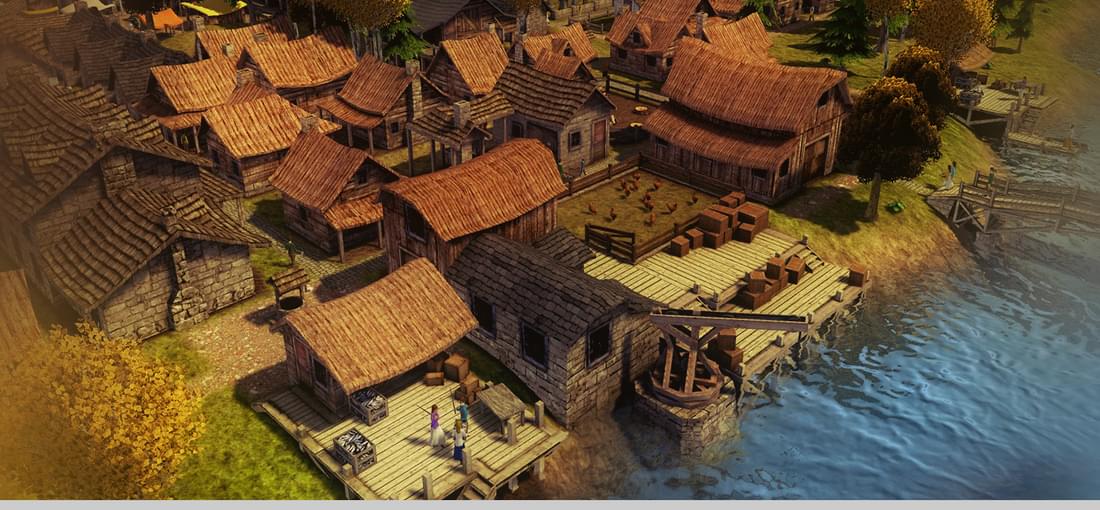
Banished is a survival-themed citybuilder in which you manage a small village and its resources in a harsh frontier environment with little contact with the outside world. It succeeds admirably, especially considering the developer is just one guy. UI and graphics are smooth and pretty, mechanics are solid, and procedural generation allows plenty of room for experimentation. Difficulty is handled realistically: it can be very hard at times but the system respects its own rules. The interface is in general very concise, giving you what you need when you need it without a lot of irrelevant fluff. This is a game that knows what it wants to be, and nails it. The main problem with Banished is that it has limited scope. There are just a few resources and buildings to play with, and virtually nothing in the way of advanced construction projects or long-term goals. There's also not much in the way of dynamic events, and no quests or larger-scale activities to pursue. Once you build the village and figure out how to have enough food/wood/stone/iron, the thing basically runs itself. I would recommend this game to anyone who loves a good city sim, but ambitious builders should wait for a good sale because you'll get bored after a couple of success stories.
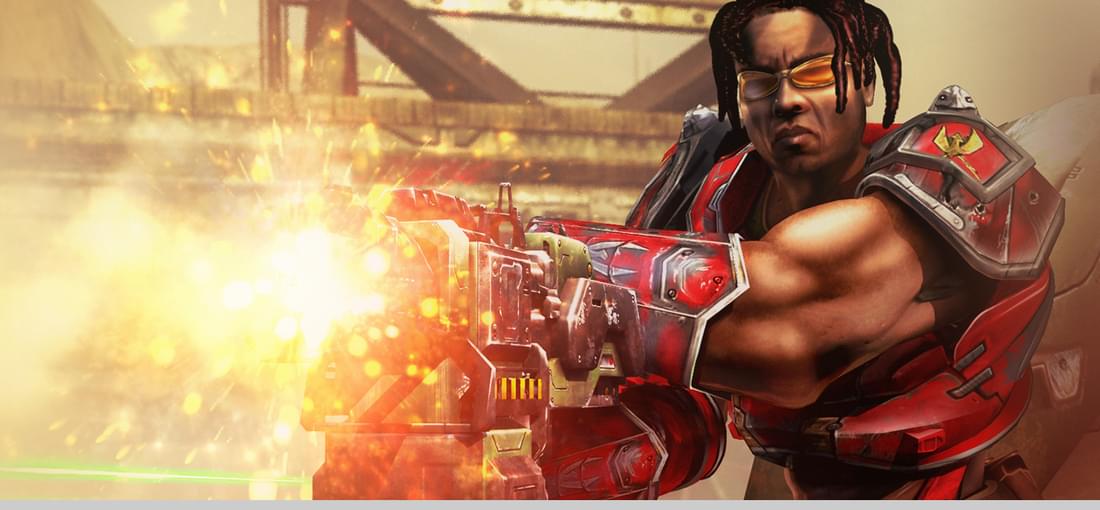
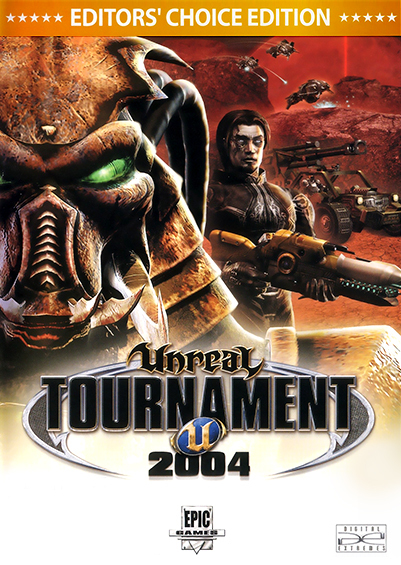
Unreal Tournament 2004 is the king rooster of multiplayer fragfests, spawn of a thousand memes and the standard by which all others are judged. The action is fast and addictive, all the weapons are exceedingly fun and the characters and taunts provide just the right amount of churlish raunch for a macho fantasy. The visuals are clearly dated, but have still aged relatively well as Epic didn't overdo the attempt at realism. With mods aplenty and a worthwhile single-player experience through the campaign and "instant action" bot matches you'll never grow bored.

The irony of my E2160 review on GOG is palpable, for herein lies the genesis of my anti-DRM zealotry (yes, I bought it retail and got screwed. Thanks Midway!). A scifi RTS set in a typical far-future multiracial free for all, Earth 2160 apes conventional strategy-game tropes with the occasional cautious foray into innovative mechanics. There are four playable factions, but two of them are pretty similar so essentially three flavors of gameplay. All of the units are serviceable and without crippling balance problems, but most are rather boring and follow the "differnet sizes of tank" model. The vaunted customization system allows for some personal touches but whatever you make will stay within the established unit stereotypes. The research/tech system gets the job done, though like many RTS quickly loses its charm due to each campaign mission requiring you to redo most of it. Speaking of which, the campaign is one of those single-story-several-faction things like Warcraft where you follow a couple of major characters throughout the campaign as they switch sides, gain enemies and allies, etc. Objectives tend to have a nice exploratory feel to them, not just blasting enemy bases until the cows come home. The story's not bad, if somewhat dated compared to later, big-budget blockbusters. It may not impress, but it won't disappoint. And unlike a lot of games that put a scantily clad, blue-haired girl on the box there actually *is* a scantily-clad, blue-haired girl in the game itself. :) In short, Earth 2160 is good at what it does and worth a go for someone wanting something new and interesting to do, but it's not really anything to write home about.